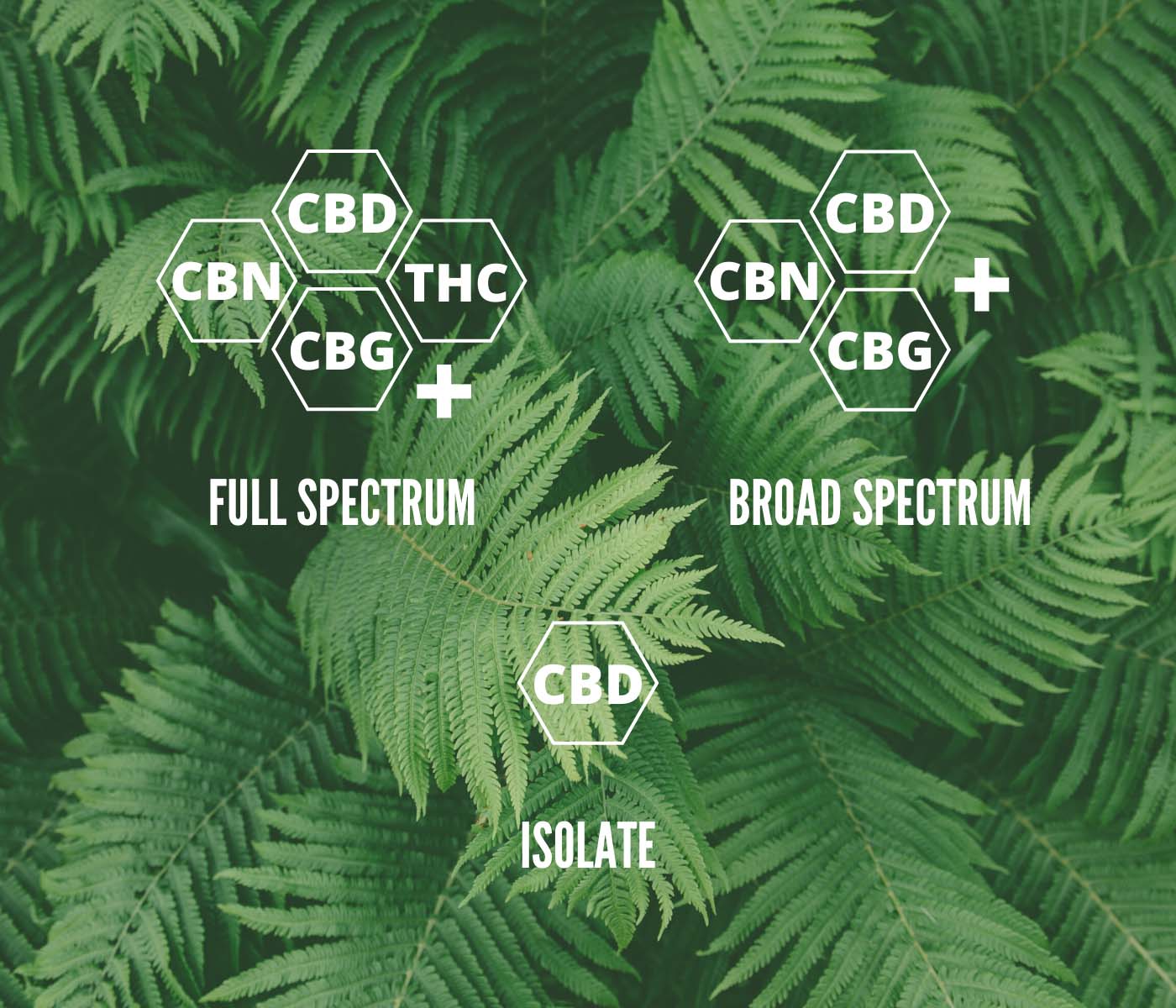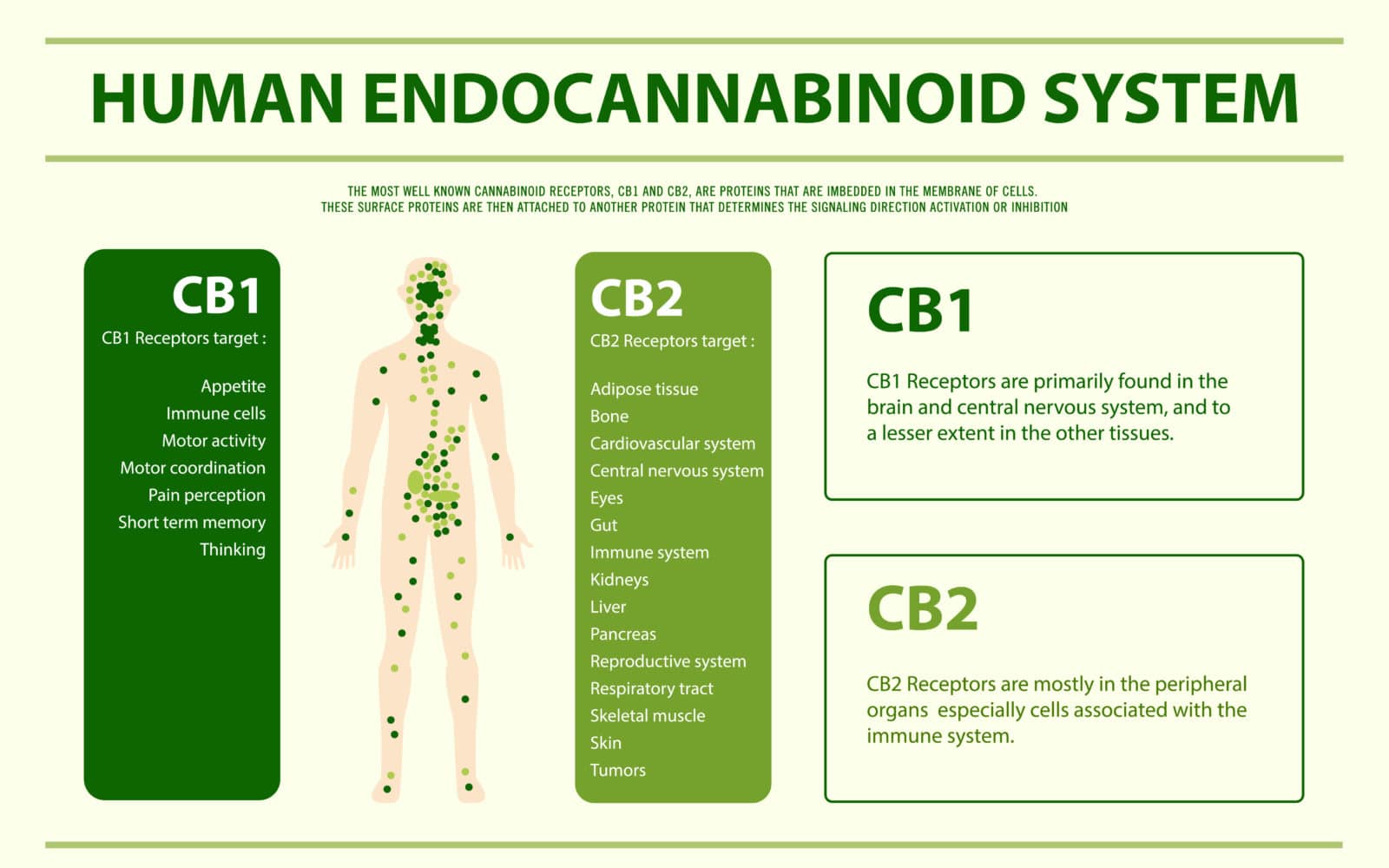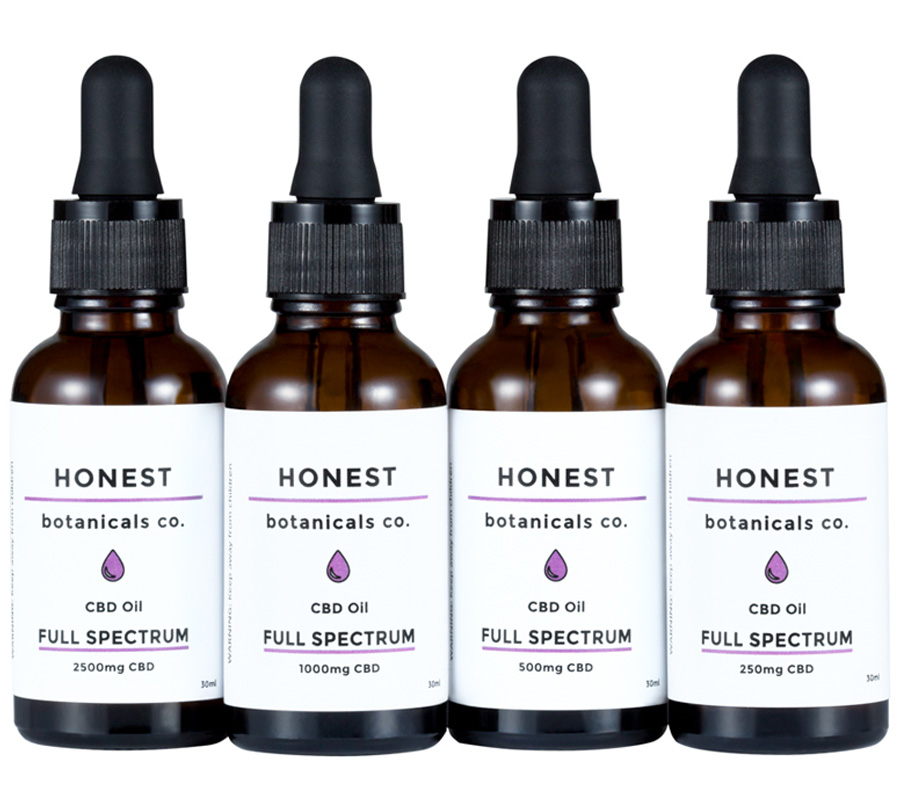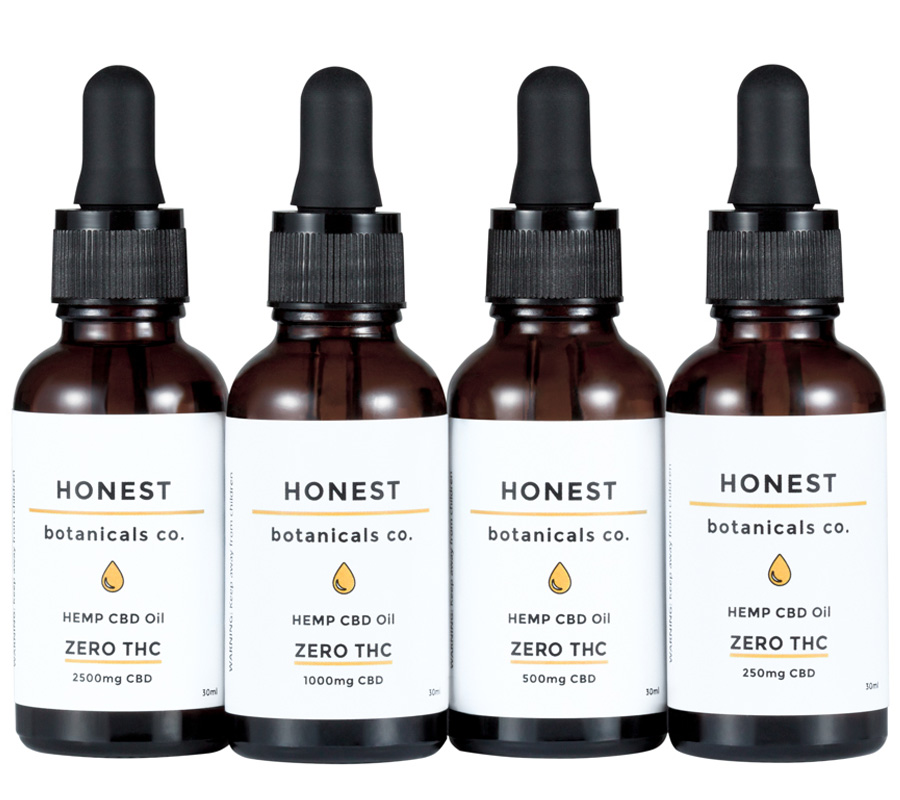One of the most frequent questions we get is “What’s the difference between Full Spectrum CBD vs Broad Spectrum CBD and CBD isolate?” The difference is important, especially if having THC in your system is a problem for you. If you’re unsure which is best for you, this article should come in handy. We’ll cover the extraction process, cannabinoids, the “entourage effect,” and give recommendations along the way.
Full Disclosure: Linked products in this article point to items for sale in our shop. You’ll find helpful product recommendations at the end of the article.
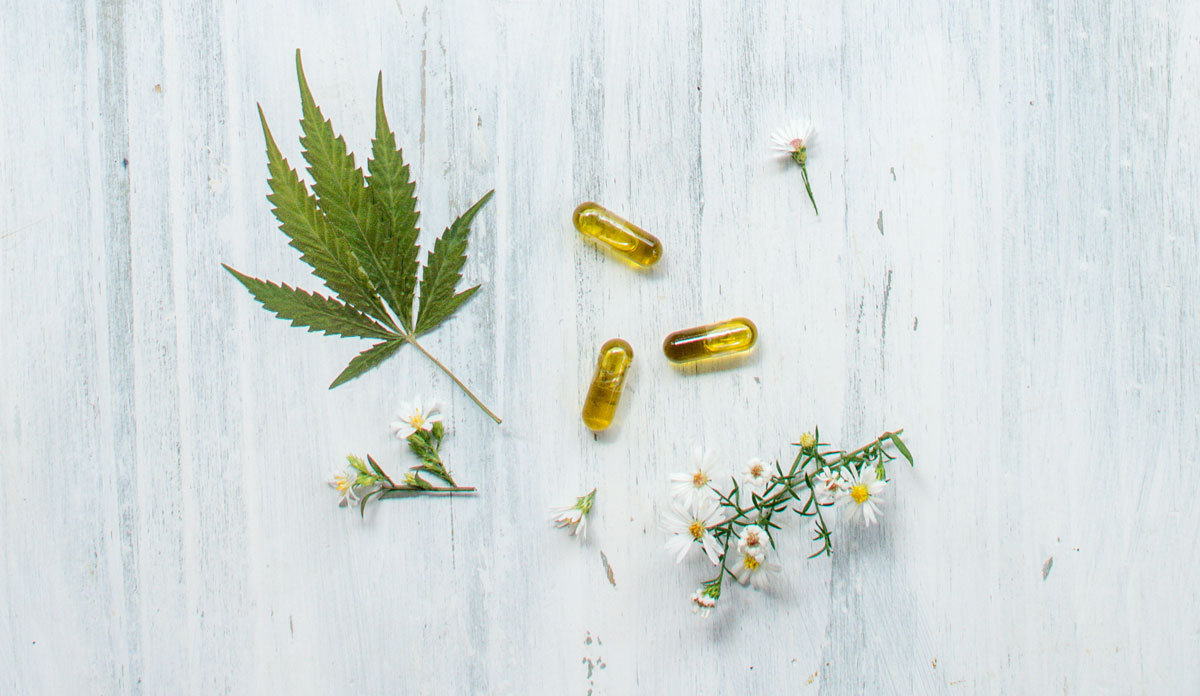
How is CBD extracted?
The type of extraction used to create CBD oil is important. It determines the potency and safety of the product extracted. Most companies use one of the two following methods:
1. Solvent
Though this method is cheap fast and easy, it has its drawbacks. Solvents used to extract the oil include ethanol, butane, propane, isopropyl, or alcohol. This method dissolves plant waxes. Cannabinoids are extracted, but so is chlorophyll—which can give some products a bitter taste.
 In this process, the solvent is soaked or run through the plant material to strip it of cannabinoids. Solvents then evaporate to leave concentrated cannabinoids in oil form.
In this process, the solvent is soaked or run through the plant material to strip it of cannabinoids. Solvents then evaporate to leave concentrated cannabinoids in oil form.
The downside of this process, besides the potential for fires or explosions, is that toxic residues can remain if the evaporation step fails to eliminate them. Some studies have found traces of naphtha hydrocarbons or petroleum residue in CBD products that have been extracted using solvents. We advise against CBD products extracted using the solvent method as there is the potential for contaminants.
2. CO2 Extraction
This is the go-to method for most premium CBD producers. Despite much higher costs due to the specialized equipment required, it produces a higher quality product with a broader spectrum of terpenes, cannabinoids and vanilloids. In addition, it leaves none of the toxic residues of the solvent method, and has a much lower chance of having any contaminants whatsoever.
This process involves a three-chambered “closed-loop extractor” which pushes CO2 at supercritical pressures through the plant material to extract all the cannabinoids. Materials are separated in the final chamber where CO2 rises to the top.
This is the most recommended means of extraction. It consistently produces the highest quality CBD, is much safer than solvent extraction, and leaves behind no toxic residue.
There are other more home-mad-style techniques like the olive oil extraction technique and steam extraction technique. Generally speaking, these methods aren’t used for commercial purposes as they simply don’t produce CBD in commercially viable quantities.
Cannabinoids and Our Well-Being
CBD is a cannabinoid—which is a natural compound produced by the cannabis plant. THC and CBD are but 2 of over 113 cannabinoids we’ve identified which cannabis produces. CBD and THC are the most thoroughly researched, which means the vast majority of the cannabis plant’s medical potential is yet untapped.
Although humans have been using cannabis as medicine for over 4000 years, it was only in 1995 that researchers were able to conclusively identify how CBD and THC could benefit our minds and bodies.
Cannabinoids like CBD and THC have a multitude of beneficial effects on the body because they interact with our body’s own endocannabinoid system (ECS). The ECS is a system that spans the entire body and regulates everything from memory, to cognitive performance, pain perception, stress management, mood regulation, and immune response.
THC has psychoactive properties, a.k.a. it gets you “high.” Not so CBD.
CBD is not intoxicating and when used in conjunction with THC, CBD actually inhibits THC’s psychoactive properties and enhances THC’s medical effects.
When considering Full Spectrum CBD vs Broad Spectrum or Isolate, remember that CBD is a biphasic compound regardless of the type. This means different doses can affect you in completely different ways. For example, a small dose in the morning can help improve focus and alertness, while in the evening a larger dose of CBD can improve sleep.
What’s important to remember is that the science is still very young for CBD, THC and the whole cannabis plant. Doctors do not know what doses to prescribe for various ailments. This may be because each person’s endocannabinoid system is unique and each person responds to CBD differently. For example, for some CBD may be fantastic for treating chronic pain, but have no effect on their anxiety levels.
It’s also very important to speak to a medical professional before taking CBD. CBD interacts with prescription medicine and may nullify the effects of drugs in a way similar to how grapefruit interferes with certain medications.
The 3 Types of CBD: Isolate, Full spectrum, Broad Spectrum
When evaluating the differences between Full Spectrum CBD vs Broad Spectrum or Isolate, the key is that each type has a different cannabinoid profile.
What is Full Spectrum CBD?
Full spectrum CBD contains all of the phytochemicals naturally occurring in the cannabis plant, including CBD, trace cannabinoids, terpenes, vanilloids and essential oils. Full-spectrum CBD extract also includes some THC—although in very small amounts below 0.3%
In Full Spectrum CBD, all the phytochemicals work together to create a phenomenon referred to as the entourage effect, where cannabinoids and other phytochemicals working together produce additional medicinal benefits.
Although Full Spectrum CBD cannot get you “high,” it can give you a false positive during a drug test. If having any THC system is a problem for you, you might want to skip this type of CBD and go for Broad Spectrum CBD or CBD Isolate instead.
Best For:
- People who were recommended a certain THC to CBD ratio
- Those with conditions that CBD Isolate and Broad Spectrum could not alleviate
What is Broad Spectrum CBD?
Broad spectrum CBD is nearly identical to Full Spectrum CBD in that is has the full range of beneficial cannabinoids, vanilloids and terpenes. This kind of CBD extract also produces an “entourage effect.” However, Broad Spectrum CBD is filtered to remove all THC. Broad Spectrum CBD extract is fully THC -free.
Best For:
- Individuals with conditions CBD Isolate alone could not alleviate
- People with sensitivity to THC
- Those living in areas with strict THC laws
- First-time users that are hesitant about THC
What is CBD Isolate?
This is CBD in its purest form. All other plant compounds and cannabinoids are completely removed, including any traces of THC, terpenes, waxes, oils, chlorophyll and more. What’s left is 99%-plus pure CBD.
Best For:
- People who were specifically advised to take high doses of CBD
- Individuals with THC sensitivities or problems with other cannabinoids
- Those who must undergo regular drug screenings
- Individuals who prefer light or no flavour
- People living in areas with strict THC-laws
- First-time users concerned about other cannabinoids
CBD: Start low, go slow
You’ve learned the key differences between Full Spectrum CBD vs Broad Spectrum and Isolate. Now that you are acquainted with the different types of CBD, you might be ready to try it for yourself, but how do you take it? Since there are no medical guidelines for dosage, the rule of thumb is “start low, go slow.” It’s also very helpful to keep a diary or record of the effects you feel.
Start with a smaller amount, 10-20mg. Record the effects, and then up the dose by 5mg every 4-5 days. For some, 10mg might give them the effect they are looking for, for others it might be more like 2-300mg. With a little experimentation you’ll find your “sweet spot” that gives you the most relief. For more on dosage read our article How do I Use CBD?
Are there side-effects?
Generally speaking, CBD is very safe. It’s non-toxic, non-addictive and you can’t overdose. If you take very large doses of over 1000mg you can start to feel some discomfiting effects like dry mouth, diarrhea, reduced appetite, drowsiness and fatigue.
CBD Oil Direct recommendations:
Full Spectrum CBD Oil
Honest Botanicals has created a high quality, reliable CBD product in its Full Spectrum CBD Oil. Handcrafted In Vancouver, BC using the highest quality materials, this CBD Oil can help with a wide array of ailments including anxiety, pain, inflammation, depression, sleep issues and more. Honest Botanicals CBD is lab tested and derived from cannabis grown on Canada’s West Coast.
Thanks to the multitude of blood vessels under your tongue, a few drops of CBD oil placed there can be absorbed directly into the bloodstream. Make sure to hold it for 30-90 seconds for best results. For new users, this method makes it easy to manage your CBD dosage. Start with a low-dose tincture such as Honest Botanicals Full Spectrum CBD Oil Tincture. With a moderate dose, this made-in-Canada CBD oil gives you the flexibility to add CBD into your daily routine and determine your ideal daily dosage.
Pure CBD Oil-No THC
For those looking for CBD Oil with absolutely zero THC, this is some of the purest high-quality product you can find. Ideal for people who are looking for a CBD oil that contains zero THC.
Put a few drops of this CBD oil under your tongue where it can be absorbed directly into the bloodstream. Make sure to hold it for 30-90 seconds for best results. For new users, CBD oil administered via dropper makes it easy to manage your CBD dosage. Start with a low-dose tincture such as Honest Botanicals CBD Oil—No THC Tincture, 250mg. With a moderate dose, this Canadian-made CBD oil gives you the flexibility to add CBD into your daily routine and determine your ideal dose.
Learn more about CBD

CBD and Stress: How Cannabinoids Help You Stay Calm in a Busy World
If it feels like life keeps getting louder and faster, you’re not alone.Between deadlines, notifications, and never-ending to-do lists, most of us are
read more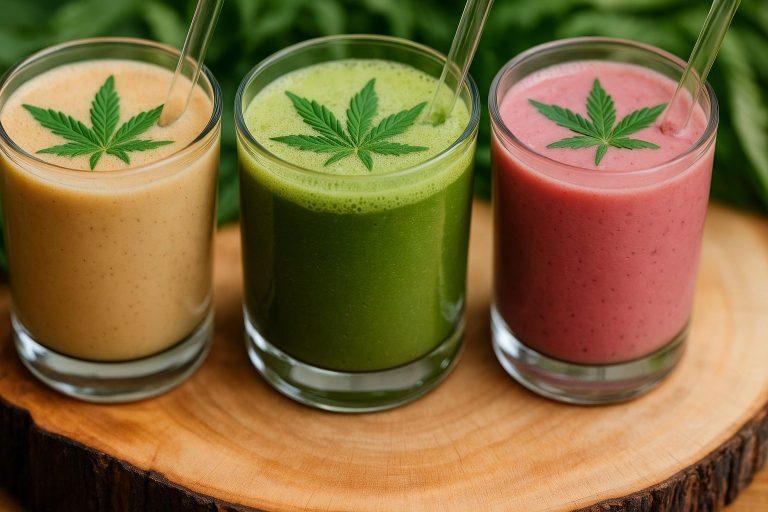
CBD Smoothie Recipes You’ll Actually Love
🥤 Simple, delicious ways to enjoy your daily CBD oil. Why Add CBD Oil to Your Smoothie? Smoothies are already a great way to
read more
A Calm Routine: How to Use CBD Skincare from Morning to Night
If your skincare shelf is starting to look more like a science lab, you’re not alone. These days, there’s a serum or cream
read more
From Mouse to Marathon: Can CBD Support Endurance Through the Gut?
Gut health has become a growing focus in the wellness world, and for good reason. The gut microbiome affects digestion, immunity, and even
read more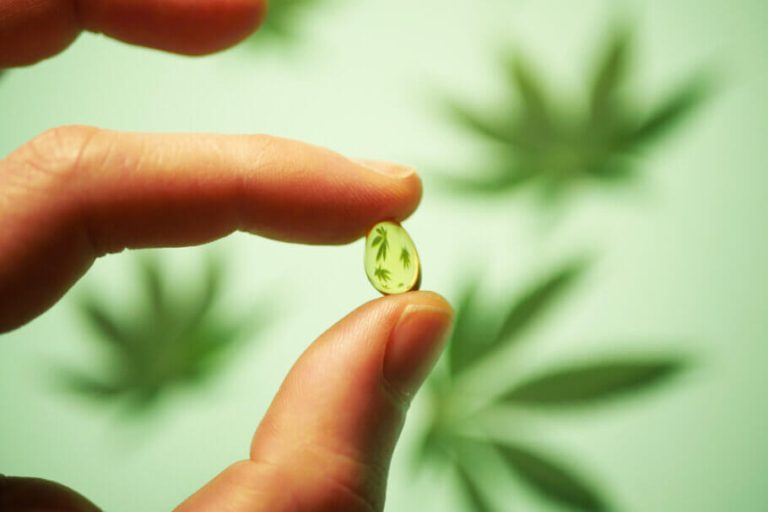
Microdosing CBD: Why Less is More
Many assume that more CBD means better results, but that’s not always true. Instead, taking smaller doses more frequently may be a smarter
read more
Sleep Naturally: How CBD, CBG, and CBN Can Enhance Your Rest
Quality sleep is essential, yet modern lifestyles often leave us restless. With rising stress levels and digital distractions, many are turning to natural
read more
